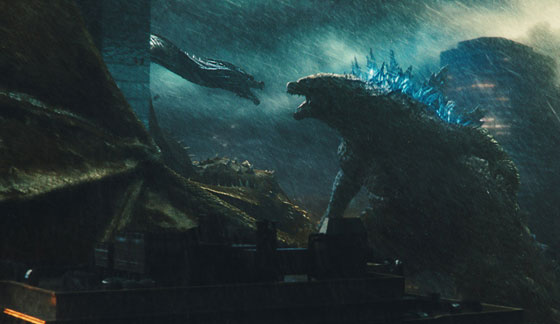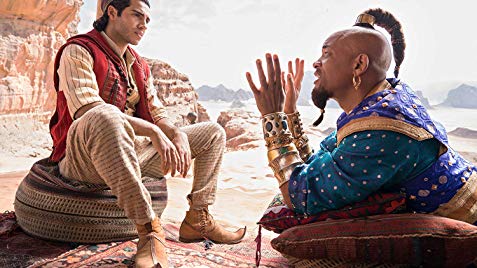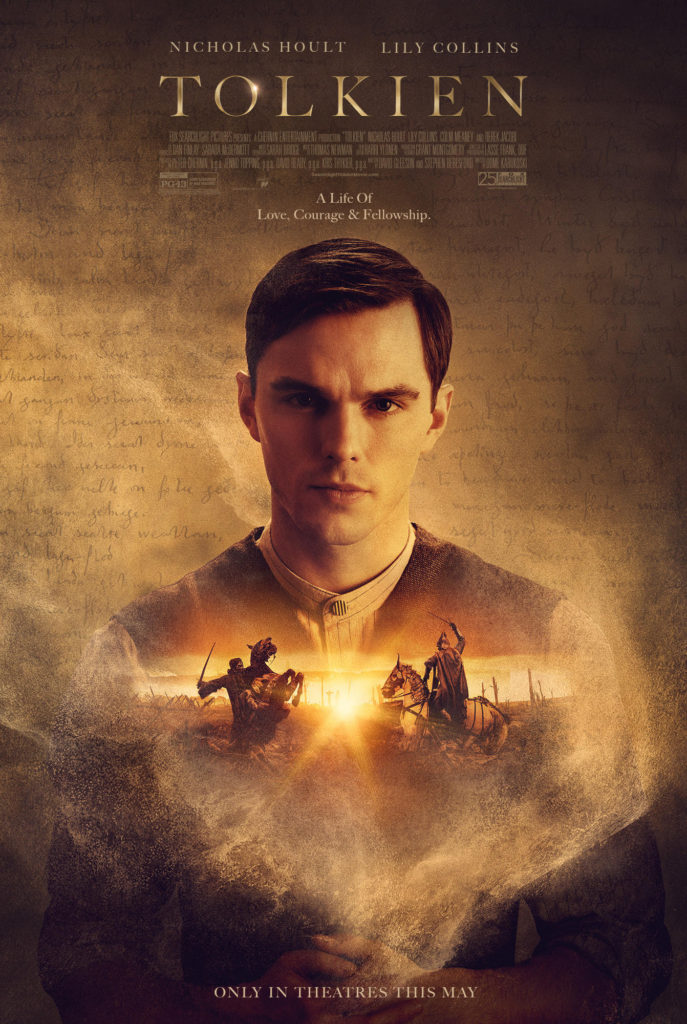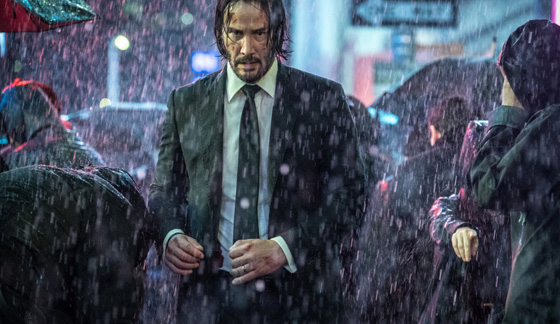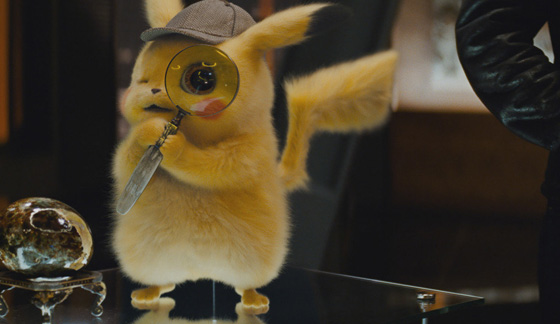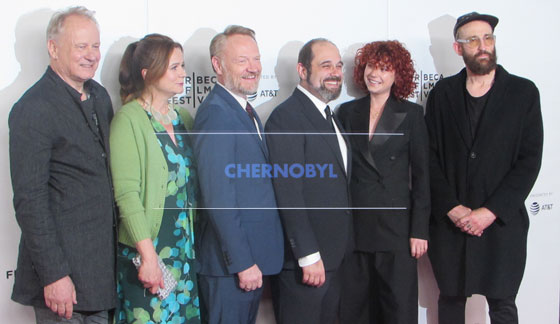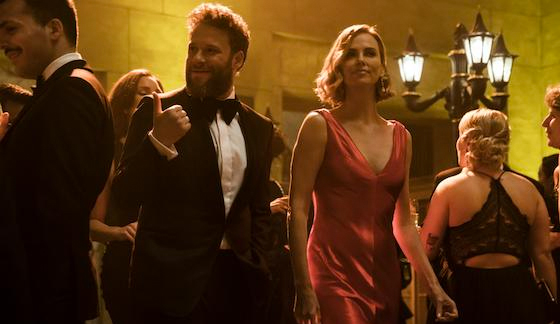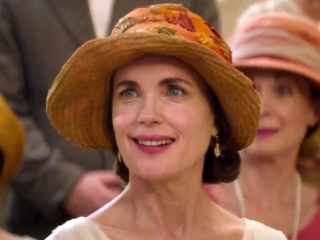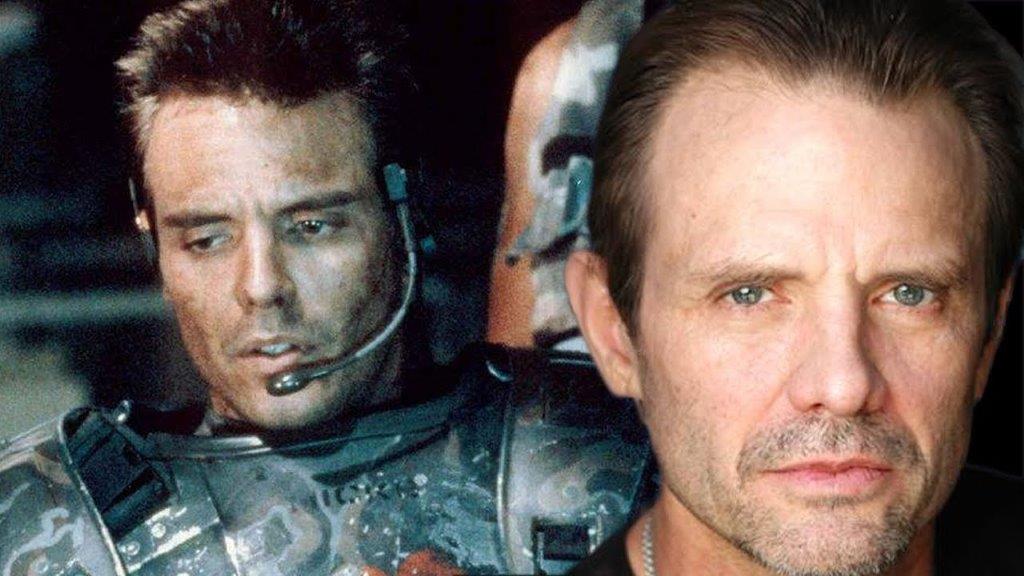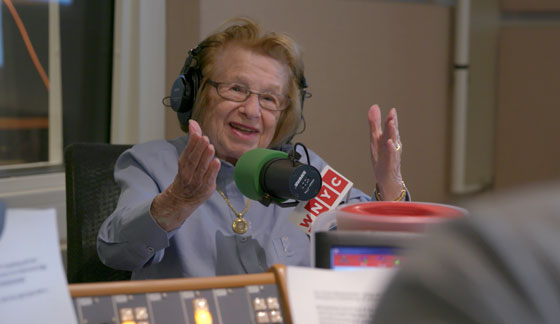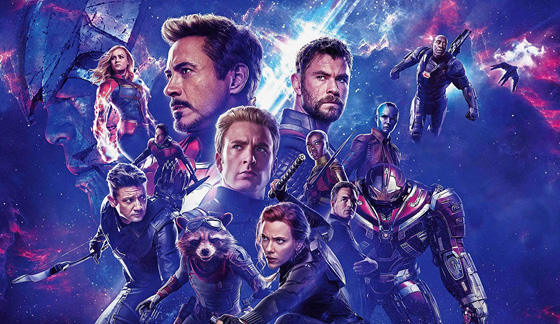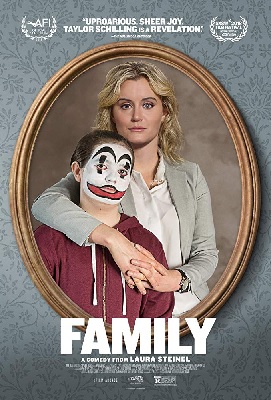As Memorial Day has come and gone, it’s time once again to take a look at some of the films being offered to us for our air conditioned enjoyment. As always, special thanks to our friends at the Internet Movie Database for some synopsis information. Opening dates shown are subject to change at the whim of the studios.
(*) denotes a film that one of Media Mikes’ critics are especially looking forward to.
MAY 31st
*ROCKETMAN
Starring: Taron Egerton, Jamie Bell and Bryce Dallas Howard
Directed by: Dexter Fletcher
At first I was shocked when I heard about this film. Harlan Williams playing Elton John??? Then I realized it was a different Rocketman. Following in the footsteps of “Bohemian Rhapsody,” this bio-pic tells the story of one Reginald Dwight, who the world knows as Sir Elton John. Director Fletcher took over for Bryan Singer on “Bohemian Rhapsody” and early reviews say this film is equally good.
GODZILLA: KING OF THE MONSTERS
Starring: Godzilla, Rodan, Mothra
Directed by: Michael Dougherty
The big guy is back and he’s bringing his pals with him.
MA
Starring: Octavia Spencer, Juliette Lewis
Directed by: Tate Taylor
The Podcast gang spent a lot of time trying to come up with the plot to this one. Give it a listen and let us know if we got it right.
JUNE 7th
DARK PHOENIX
Starring: Sophie Turner, James McAvoy and Michael Fassbender
Directed by: Simon Kinberg
Jean Grey begins to develop incredible powers that corrupt and turn her into a Dark Phoenix. Now the X-Men will have to decide if the life of a team member is worth more than all the people living in the world. Though it’s being released by Disney, this was originally a 20th Century Fox property. Now that the MCU is ALMOST one big happy family, I’m curious if the X-men will show up in a future Avengers film.
*LATE NIGHT
Starring: Mindy Kaling, John Lithgow and Emma Thompson
Directed by: Nisha Ganatra
A late night talk show host suspects that she may soon be losing her long-running show. Kaling is always fun to watch and I’ve been in love with Emma Thompson since “The Tall Guy!”
*THE SECRET LIFE OF PETS 2
Starring the voices of: Kevin Hart and Patton Oswalt
Directed by: Chris Renaud, Jonathan del Val
Continuing the story of Max and his pet friends, following their secret lives after their owners leave them for work or school each day. Hopefully in this one, Hart’s Snowball isn’t homicidal.
JUNE 14th
AMERICAN WOMAN
Starring: Sienna Miller, Aaron Paul
Directed by: Jake Scott
A woman raises her young grandson after her daughter goes missing.
*MEN IN BLACK: INTERNATIONAL
Starring: Chris Hemsworth and Tessa Thompson
Directed by: F. Gary Gray
The Men in Black have always protected the Earth from the scum of the universe. In this new adventure, they tackle their biggest threat to date: a mole in the Men in Black organization. Sadly, the newbies won’t be trained by agents J or K.
JUNE 21st
CHILD’S PLAY
Starring: Aubrey Plaza, Tim Matheson
Directed by: Lars Klevberg
Hollywood again picks the bones of a dead franchise and tries to breathe new life into it. The bad news: Brad Dourif is not the voice of Chucky. The good news: Mark Hamill is.
TOY STORY 4
Starring the voices of: Tom Hanks, Tim Allen
Directed by: Josh Cooley
When a new toy called “Forky” joins Woody and the gang, a road trip alongside old and new friends reveals how big the world can be for a toy. Disney’s movie about toys dolls is going to kick the crap out the Universal’s movie about a toy doll at the box office.
JUNE 28th
ANNABELLE COMES HOME
Starring: Vera Farmiga, Patrick Wilson
Directed by: Gary Dauberman
Determined to keep Annabelle from wreaking more havoc, demonologists Ed and Lorraine Warren bring the possessed doll to the locked artifacts room in their home, placing her “safely” behind sacred glass and enlisting a priest’s holy blessing. But an unholy night of horror awaits as Annabelle awakens the evil spirits in the room, who all set their sights on a new target-the Warrens’ ten-year-old daughter, Judy, and her friends. The real Lorraine Warren recently passed away, for those of you keeping score at home.
*YESTERDAY
Starring: Himesh Patel, Lily James
Directed by: Danny Boyle
A struggling musician realizes he’s the only person on Earth who can remember The Beatles after waking up in an alternate timeline where they never existed. Written by the great Richard Curtis – who also wrote “The Tall Guy,” the movie I first fell in love with Emma Thompson with.
JULY 2nd
*SPIDER-MAN: FAR FROM HOME
Starring: Tom Holland, Jacob Batalon and Marisa Tomei
Directed by: Jon Watts
Following the events of “Avengers: Endgame,” Spider-Man must step up to take on new threats in a world that has changed forever. I’m guessing the start of Phase 3 of the MCU? Love Holland as Spidey and Batalon’s Ned is one of my favorite movie side-kicks ever.
JULY 12th
*STUBER
Starring: Kumail Nanjiani, Dave Bautista
Directed by: Michael Dowse
A detective recruits his Uber driver into an unexpected night of adventure. As someone that has driven for Uber I will admit I’m intrigued. The most exciting thing that ever happened to me was a woman breaking up with her boyfriend in the back of my car!
JULY 19th
THE LION KING
Starring the voices of: Seth Rogen, Donald Glover and Beyonce’
Directed by: Jon Favreau
For those of you who have been on Mars for the last 25 years: After the murder of his father, a young lion prince flees his kingdom only to learn the true meaning of responsibility and bravery. Favreau worked miracles with his version of “The Jungle Book” and Disney is hoping this is another “Aladdin,” not “Dumbo.”
JULY 26th
*ONCE UPON A TIME IN… HOLLYWOOD
Starring: Brad Pitt, Leonardo DiCaprio and Margo Robbie
Directed by: Quentin Tarantino
It’s the summer of 1969 and a lot of things are happening in Hollywood. Sex. Drugs. And Charles Manson. As advertised, this is the 9th film directed by Tarantino, who has always said he plans on making 10 and retiring. I challenge you to find a filmmaker that has made as many films as he has without making a dud. Even my favorite director, Steven Spielberg, has made a misstep (I’m looking at YOU, “Hook”).
AUGUST 2nd
FAST AND FURIOUS PRESENTS: HOBBS and SHAW
Starring: Dwayne Johnson, Jason Statham and lots of cars
Directed by: David Leitch
When the eighth film in this franchise came out I joked on our Podcast that the next one would be called “Fine and Furious,” because “fine” rhymes with “nine.” However, to avoid paying me money, Universal has chosen this title. Lawman Luke Hobbs and outcast Deckard Shaw form an unlikely alliance when a cyber-genetically enhanced villain threatens the future of humanity. I’ve only seen the original and part 5. However, the addition of Idris Elba as the villain might pull me into the theatre for this one.
AUGUST 9th
*SCARY STORIES TO TELL IN THE DARK
Starring: Michael Garza and Austin Zajur
Directed by: André Øvredal
A group of teens face their fears in order to save their lives. Podcast co-host Loey Lockerby says that these books scared the hell out of her when she was a kid.
AUGUST 16th
47 METERS DOWN: UNCAGED
Starring: John Corbett, Nia Long
Directed by: Johannes Roberts
Four teen girls diving in a ruined underwater city quickly learn they’ve entered the territory of the deadliest shark species in the claustrophobic labyrinth of submerged caves. Why isn’t this being called “48 Meters Down?”
*WHERE’D YOU GO, BERNADETTE
Starring: Cate Blanchett, Kristin Wiig and Laurence Fishburne
Directed by: Richard Linklater
A loving mom becomes compelled to reconnect with her creative passions after years of sacrificing herself for her family. Her leap of faith takes her on an epic adventure that jump-starts her life and leads to her triumphant rediscovery.
AUGUST 30th
PLAYMOBIL THE MOVIE
Starring the voices of: Daniel Radcliffe and Kenan Thompson
Directed by: Lino DiSalvo
Animated feature film inspired by the Playmobil brand toys. Are you ****ing kidding me??? PLAYMOBIL THE MOVIE???? A movie about the little toys my grandchildren play with?? Quick, get me Hollywood…I want to make a movie about the game of Jacks! Believe it or not, Daniel Radcliffe was not only Harry Potter but did “Equus” on Broadway. How the mighty have fallen. Look for him to reprise the role of Harry Potter when he leads tours around Universal Orlando.
Related Content

